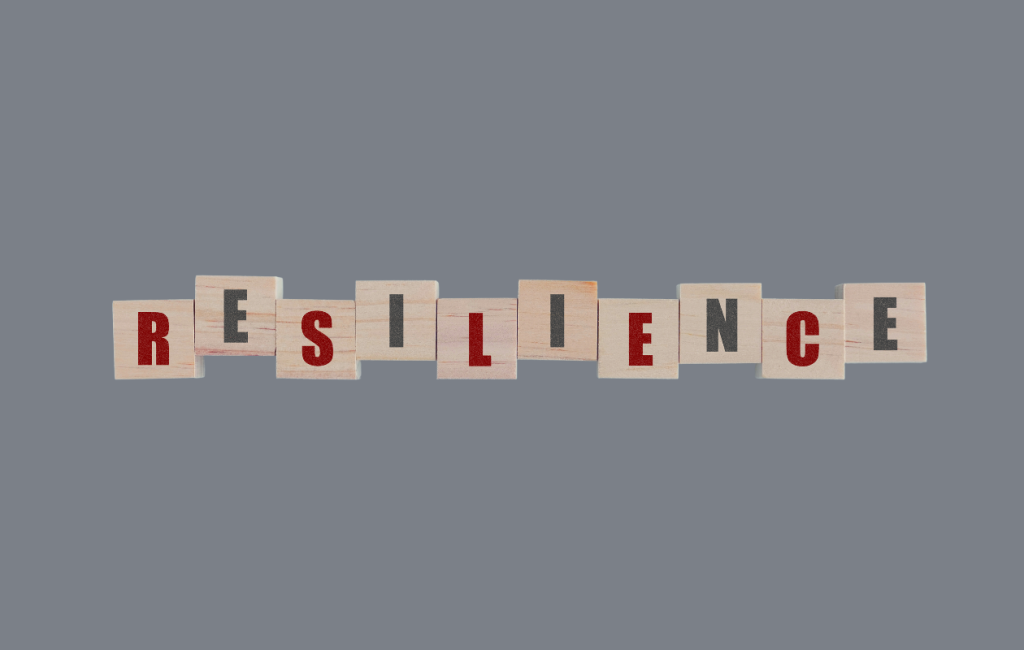
How to Break the Cycle of Conflict
And empower your relationship today Do you ever ruminate about conversations that you had with someone and wish you said things differently that would have
You are welcome to share Dr. Gloria Lee’s article:

Why do we downplay childhood adversities? I often hear clients talk about very painful memories from their childhood. Things like, getting criticized, shamed, or hit by their parent, or being constantly bullied at school.
Then the very next line is, “but that happens to everyone” or “that was the past and I’m over it now”, or my favorite, “it builds character/resilience”.
I know I used to do this too and chalked up my parents’ neglect and abuse to “that’s the immigrant story, everyone went through it”.
I’ve come to learn that this is the way children learn to cope with pain. As we grow up, we try to normalize or downplay its damage to make us feel better, to make sense of the injustices, and to remove the shame of still feeling the sting of its impact as an adult, as if it was weak to feel this way.
So many of us have learned to bury the pain and not feel anything over time. In fact, as adults, we may even shame or criticize others, such as our partner or children when they feel upset.
I’ve heard women tell their husband or son phrases like, “man up, don’t be such a girl”, “don’t be so weak”, or people telling each other or themselves, “you’re too sensitive” or “stop focusing on the negative”.
Here’s the thing.
Pain stays with us longer if we don’t acknowledge or process it. Real resilience comes from grieving the pain of what happened to us and what was done to us.
Painful experiences may or may not “build character/resilience”, but secure attachment and love truly do. They are the birthplace of strength, courage, and resilience. You can never love your children or partner too much. In fact, it’s the lack of love that creates insecurity and fear.
So, if you have suffered painful experiences during childhood, love yourself by allowing yourself to feel the feelings and give to your partner and children the love that YOU never received. You will make them more resilient.
To learn more about how to process painful experiences and heal from the past, join the waitlist for the next offering of the Close & Connected Couples program.

And empower your relationship today Do you ever ruminate about conversations that you had with someone and wish you said things differently that would have

And step into a new you Does it feel like you’re constantly overlooked and undervalued in your relationships, whether with friends, family, or romantic partners?

To improve your life! Our friendships comprise some of the most important relationships in our lives, sometimes even beyond marital bonds and family ties. I

And Bring it Back to Life How do you know if your marriage is dying a slow death? Most couples don’t realize it until it’s
© Dr. Gloria Lee 2024